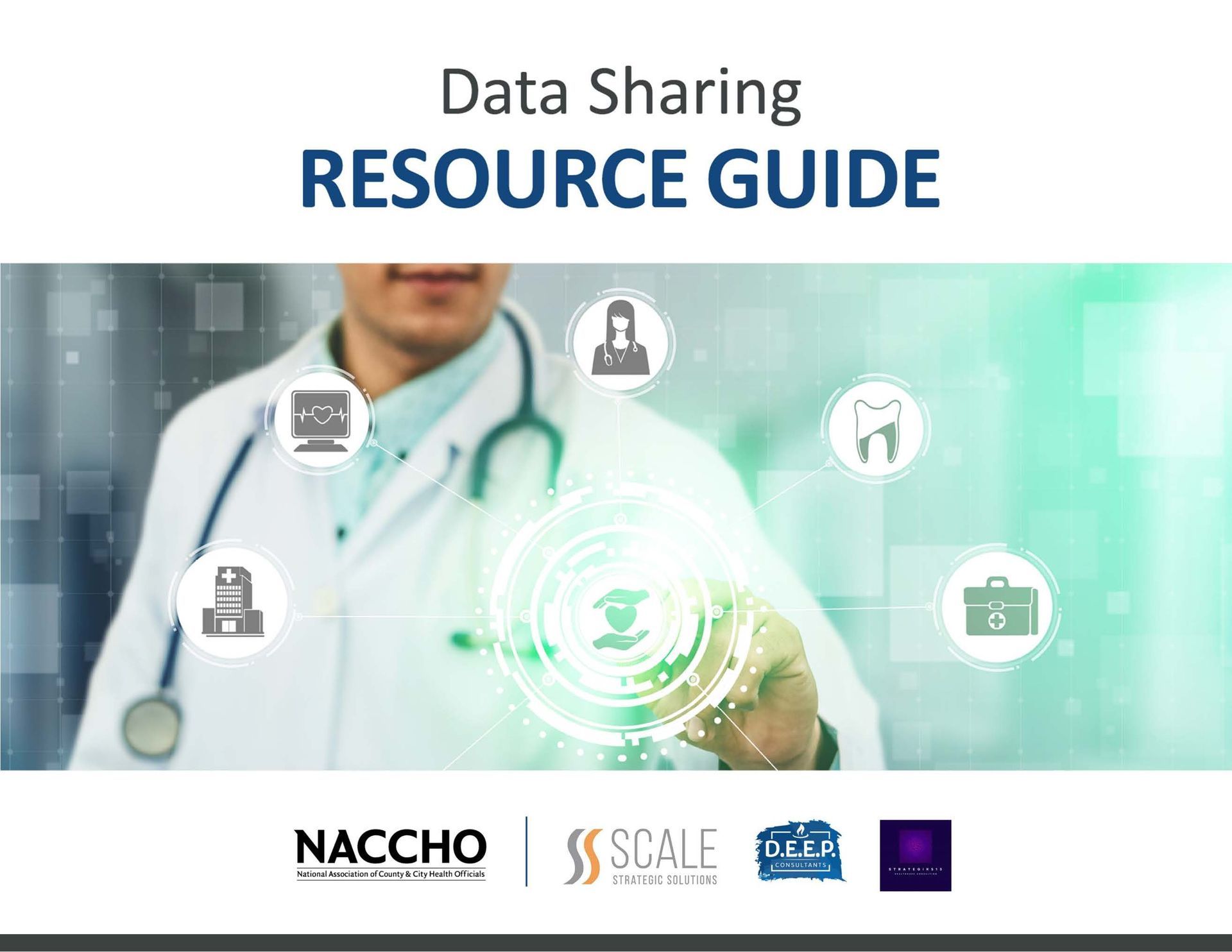Making Good Things Happen
A blog that informs our clients about real world topics related to what we do as Scale Strategic Solutions!
Understanding Trauma in Conducting Evaluation: Insight from African American Experiences
Written By, Jennifer E. Williams, Ed.D.

The last decade has contributed greatly
to the body of knowledge about the life-changing, pervasive and enduring impact of trauma on an individual who experiences or witnesses devastating events, injury or loss. The research highlights the increased risk of debilitating symptoms of trauma including mental, emotional, psychosomatic, socioeconomic issues. Trauma is often the result of an overwhelming amount of
stress that exceeds one's ability to cope, or integrate the
emotions involved with that experience. [1]Trauma may result from a single distressing experience or recurring events of being engulfed that can be precipitated in weeks, years, or even decades as the person struggles to cope with the immediate circumstances, eventually leading to serious, long-term negative consequences.
Because trauma differs between individuals, according to their subjective experiences, people will react to similar traumatic events differently. However, it is possible for some people to develop post-traumatic stress disorder (PTSD)
after being exposed to a major traumatic event. [3]This discrepancy in risk rate can be attributed to protective factors
some individuals may have that enable them to cope with trauma; they are related to temperamental and environmental factors from among others. Some examples are resilience
characteristics, and active seeking of help.[4]
If we accept this definition of trauma and its outcomes as reasonable or accurate, how much more of an impact might 400+ years of slavery with its inherent maltreatment, racism and inequity have on an entire race of people? Given such history, isn't it likely that many of the enslaved were severely traumatized? And did the trauma and the effects of such horrific abuse end with the abolition of slavery?
Emancipation was followed by over one hundred more years of institutionalized oppression through the enactment of practices such as Black Codes and Jim Crow laws, convict leasing, domestic terrorism and lynching. The violations continue, and when combined with the crimes of the past, they result in yet immeasurable injury. What do repeated traumas, endured generation after generation by an entire race of people produce? What impact have these ordeals had on African Americans today?
Dr. Joy DeGruy raised and answered these questions and more in her seminal work, Post Traumatic Slave Syndrome: America's Legacy of Enduring Injury and Healing (2017). With over thirty years of practical experience as a professional in the mental health field, Dr. DeGruy encourages African Americans and those who work with them, to view their attitudes, assumptions, and behaviors through the lens of history and so gain a greater understanding of how centuries of slavery and oppression have impacted people of African descent in America. The current protests regarding Black Lives Matter
are but one example of the festering boil of institutionalized racism spontaneously bursting under the pressure of unmitigated neglect, disrespect and marginalization.
As evaluators, it is essential that we recognize elements of toxic systems in which we work and in which those we serve are often confined. The American Evaluation Association’s Code of Ethics and Standards of Practice were developed in recognition of the inherent challenges and often conflicting responsibilities that accompany monitoring and evaluation (M&E) work. Recognizing that there are no standard, or even easy answers to ethical challenges that arise, M&E and Ethics provides a framework for addressing these challenges by recognizing our responsibilities, highlighting ethical principles, and reflecting on and managing ethical concerns with stakeholders during the planning phase and throughout the project. On a general level, the domain of ethics deals with moral duty and obligation, involving actions that are subject to being judged as good or bad, right or wrong. While all of the ethical guidelines are applicable to Post Traumatic Slave Syndrome (PTSS), at a minimum, evaluation professionals and their funders must adhere to the concepts of non-malfeasance: above all, do no harm and competence, meaning that Monitoring & Evaluation staff should hold the skills and cultural competencies required to conduct an M&E activity.
These skills and guidelines are not limited to evaluators but apply to all fields. How are you getting and maintaining the necessary competencies to ensure the service you provide does not re-traumatize stakeholders? Are you advocating for those who are most vulnerable to PTSS? What helps or hinders your integrating these values in your work? To what extent are you willing to speak truth to power?

The end of the year invites us to pause, reflect, and appreciate the tools, resources, and rituals that help us do impactful work. At Scale Strategic Solutions, we spend our days turning information into action, supporting businesses as they clarify their vision, understand their impact, and strengthen their systems.

In today’s data-driven world, local health departments (LHDs) play a critical role in shaping community health and advancing equity. Yet, to do this effectively, they need more than just national trends, they need access to localized, granular data that reflects the real conditions on the ground. Data sharing is not only a technical challenge but a strategic community-focused practice. When LHDs collaborate with community organizations such as schools, hospitals, social service agencies and law enforcement, they unlock new pathways to address public health challenges more effectively. Local data allows communities to identify emerging health threats, evaluate the impact of programs, and understand how the Social Determinants of Health influence well-being. Scale Strategic Solutions, in partnership with D.E.E.P. Consultants and Strategik513, is proud to announce the development of a robust, strategic roadmap designed to support public health professionals in leveraging data to improve population health outcomes and reduce disparities. Our team of subject matter experts collaborated closely with the National Association of County and City Health Officials (NACCHO) and local health departments to gain firsthand insights into the challenges and opportunities surrounding data sharing practices. This discovery process informed the creation of two key resources aimed at building data capacity in the field. The "Increasing Data Sharing Capacity for Local Health Departments" asynchronous training, alongside the complementary Data Sharing Resource Guide , are now available on NACCHO University , the organization’s online learning platform. At Scale, we are committed to advancing the culture of data sharing within public health ecosystems. These resources were developed to meet practitioners where they are, offering flexible, high-impact tools to drive meaningful improvements in health equity and data-driven decision-making. If your organization is interested in learning more or would benefit from a customized training solution tailored to your specific data sharing needs, we invite you to contact us . Together, we can empower local health leaders with the tools and knowledge needed to transform data into action.









